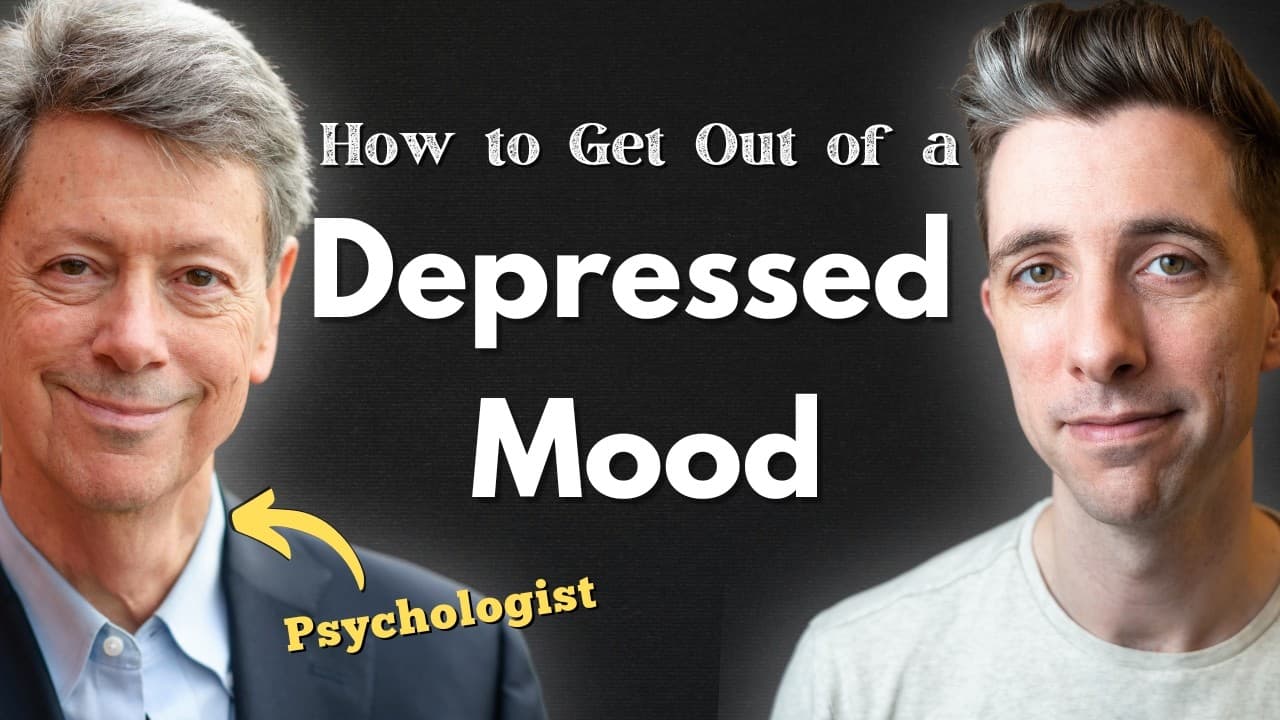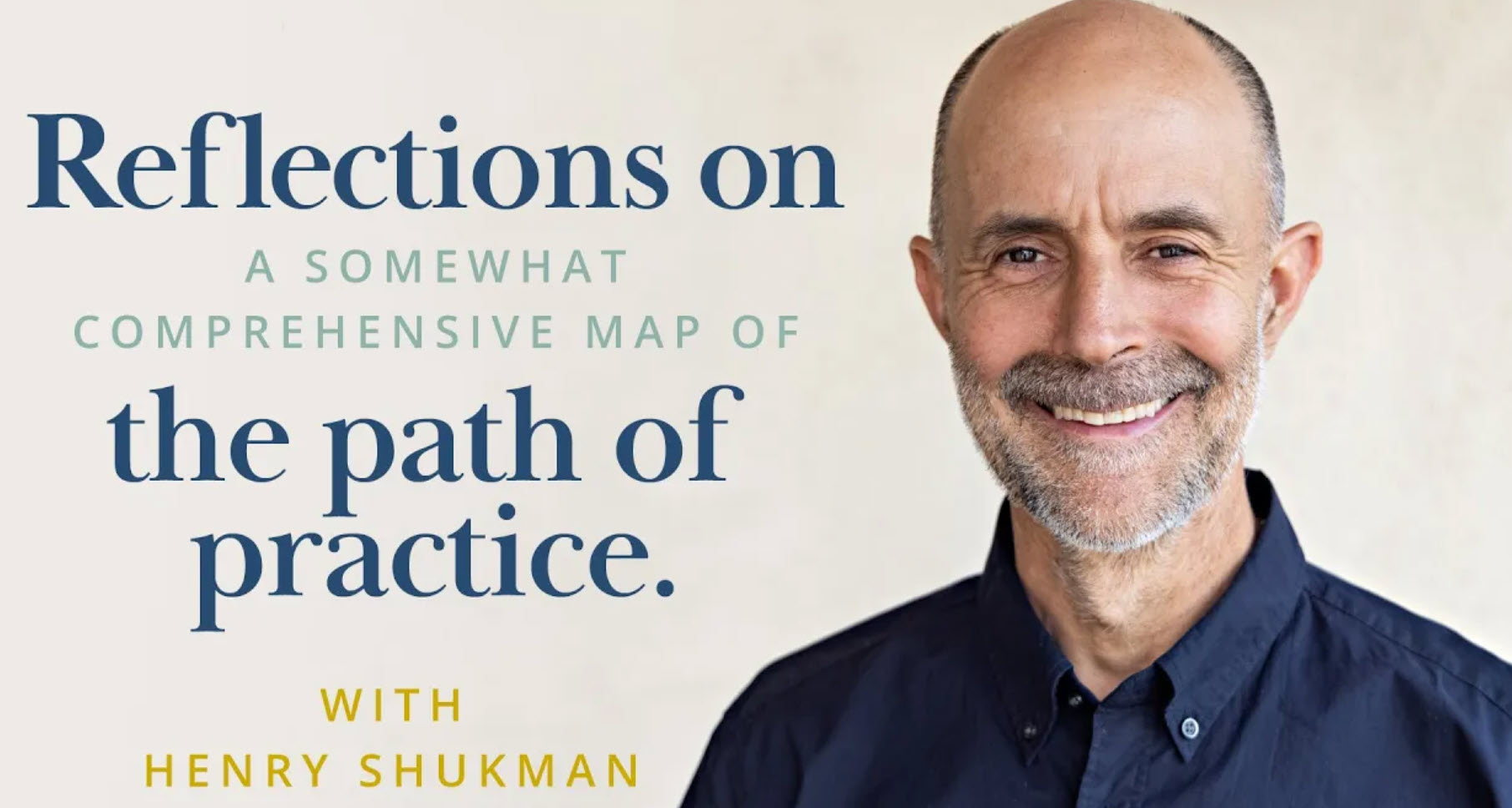Is it hard?
The Practice: Accept difficulty.
Why?
Sometimes things are difficult. Your legs are tired and you still have to stay on your feet another hour at work. You love a child who’s finding her independence through emotional distance from you. A long-term relationship could be losing its spark. It’s finals week in college. You’re trying to start a business and it’s struggling. You’ve got a chronic health problem or a disability. Sometimes people don’t appreciate your work. You’re being discriminated against or otherwise treated unjustly. The body ages, sags, and grows weary.
Plus there are all the little hassles of everyday life. You’re in an airport and can’t get Wi-Fi (the injustice!). You’re at home looking for the ice cream and someone ate the last of it. You’re talking to your partner and realize he or she isn’t really paying attention.
Obviously, not all difficulties are equally . . . difficult. And to observe that life contains unavoidable difficulty is not to minimize its impacts or to suggest that we should give up trying to make life better. But people – me included – add a lot of unnecessary frustration, anxiety, and self-criticism by resisting difficulty – often with an underlying attitude of “it shouldn’t be this way.”
Try the attitude of accepting difficulty instead of getting aggravated by it. It’s a lot more peaceful.
Get Tips Like This Delivered Right to Your Inbox
You can unsubscribe at any time and your email address will never be shared or sold.
How?
In the moment, start by acknowledging any stress, weariness, frustration, anxiety, or pain. Open to the impact on your body and mind of whatever is difficult. Let the experience be whatever it is. Try to step back from it and observe it. Let it flow . . . flowing through you . . . and flowing on out the door.
For sure have self-compassion, the simple wish that a being not suffer applied to yourself. Say to yourself things like ouch, this hurts, I wish it didn’t . . . may I not suffer.
Then step back. See if there is any resistance to things being difficult, and see if you can let it go. Perhaps there’s a belief deep down that life should be fulfilling, peaceful, buffered from pain. Keep softening around the inherent difficulties in living, dealing with them as best you can but not struggling with them. Notice that when you stop resisting a difficulty, it starts feeling less difficult.
As appropriate, try on the attitude: I signed up for this. Not to blame yourself for things that have happened to you or to discount your stress or weariness, but to establish yourself in a relationship of choice toward whatever is difficult. For example, stuck in traffic toward work, remind yourself that this is part of making a living; awakened yet again by your baby, feel in your body yet again your choice to be a parent; under any conditions, you could recognize again your ongoing choice to be alive. Say to yourself: this is difficult and that’s OK . . . I accept the difficulty here . . . yes, it’s difficult, and so what?
It’s OK that things are difficult. That’s part of what gives them their savor. Not all fulfilling experiences are grounded in some difficulty, but many are. Honor yourself for the hard things you’re dealing with. And be aware of the things that are not difficult in your life, including the things that do support you.
In particular, keep up your personal practices during difficult times, such as exercise, meditation, moments of gratitude, protein at every meal, and doing things that nurture you. The more difficult your life, the more you need to take care of yourself.
Difficulties come and go. Meanwhile, your own good qualities and the good things in life persist and remain.
Know Someone Who Has a Hard Time Accepting Difficulty?
Use the buttons below to share this article via social media or email.



